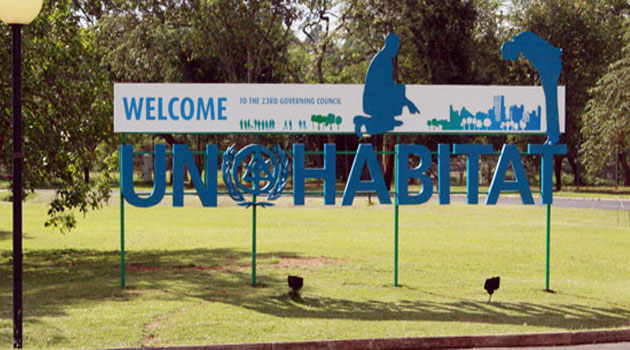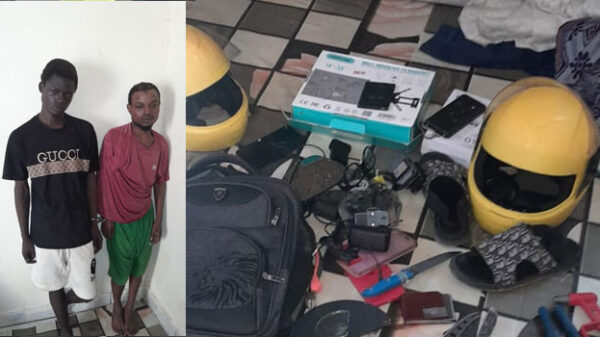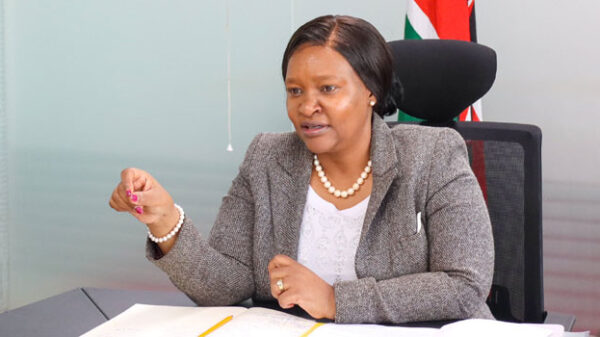
UN-Habitat Executive Director and Under Secretary-General Maimunah Sharif on Thursday said 3,187 participants had so far registered for the event set to be held at the UN compound in Gigiri/FILE
NAIROBI, Kenya, May 16 – Over 3,000 participants have registered for the upcoming United Nations-Human Settlement Programme (UN-Habitat) Assembly set to kick off on May 27 in Nairobi.
UN-Habitat Executive Director and Under Secretary-General Maimunah Sharif on Thursday said 3,187 participants had so far registered for the event set to be held at the UN compound in Gigiri.
She said national governments, sub-national governments, business leaders, and Non-Governmental Organisations from UN members States will attend the five-day event during which participants will consider proposals for sustainable urbanization.
“We still have time for registration and we expect experts, and academics to join us,” she said during a joint press briefing with Transport, Infrastructure, and Housing Cabinet Secretary James Macharia at Transcom House.
Sharif said heads of governments, ministers and city mayors will discuss modalities to improve the standards of living in urban areas and promote sustainable urbanisation.
Some 168 city mayors and governors, 378 non-governmental organizations, over 200 private sector players, and 20 foundations are among participants who have confirmed attendance.
“Member States will agree on standards, pass resolutions, and ministerial declarations which will set out how we can improve life in towns and cities, and human settlements for everyone especially the most vulnerable,” she pointed out.
The UN-Habitat Country Programme has been supporting 30 projects nationwide valued at $14.2 million since 2013.
Nineteen of the projects estimated to be worth $8.6 million have been since been completed.
One such project is the ongoing construction of at least 6,000 housing units in Mavoko, Machakos County, on a 55-acre piece of land.
The $250,000 project dubbed Sustainable Neighbourhood Programme is part of an initiative to resettle slum dwellers though the development of low cost urban houses.
In Kisumu, the agency is rolling out a Lakefront Re-development Advisory Plan which seeks to develop an advisory plan for the lakefront and the central business district.
UN-Habitat is also piloting the implementation of an automated septic tanks early warning system to deter the overflow of septic waste to public space in Nairobi’s Dandora.
The technology will be anchored on the use of ultrasonic devices on septic tanks and latrines.
Nairobi and Mombasa are also part of a UN-Habitat programme in Africa and South Asia where the agency is seeking to identify plastic waste hotspots.
Kenya and Mauritius have been identified for the piloting of waste management technology to address the proliferation of marine litter and microplastics.
UN-Habitat is also working with Nairobi, Kisumu, Kiambu, Turkana, Garissa, and Nakuru counties to promote sustainable public spaces in urban areas that are safe, clean, and accessible to the public.
During the joint briefing with UN-Habitat chief, CS Macharia said the government was keen on bridging an estimated housing deficit of two million units through a national housing fund.
He said the proposed 1.5 per cent housing levy will incentivize private developers to construct houses to meet the growing housing demand and prevent the growth of informal settlements.
“Until now we have a housing gap of about 2 million because developers and investors are always speculating on what would happen if they build houses and nobody buys them. This is the gap we’re trying to bridge as a government,” the CS noted.
He said the government will acquire houses developed by investors upon completion, twenty per cent of which will be reserved for social housing.
“If we have a fund financed by Kenyans investors can build as many houses as they can because the government will then be able to off take the houses through the housing fund,” Macharia explained.








































